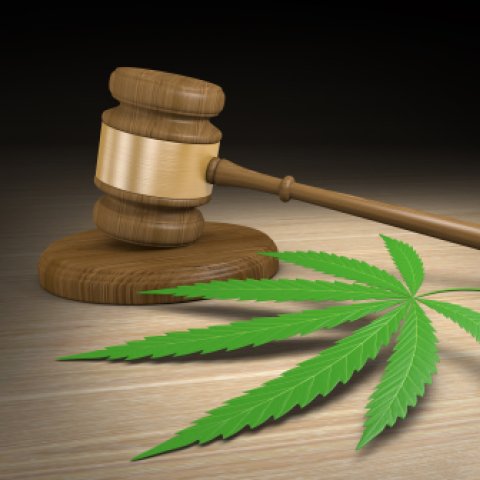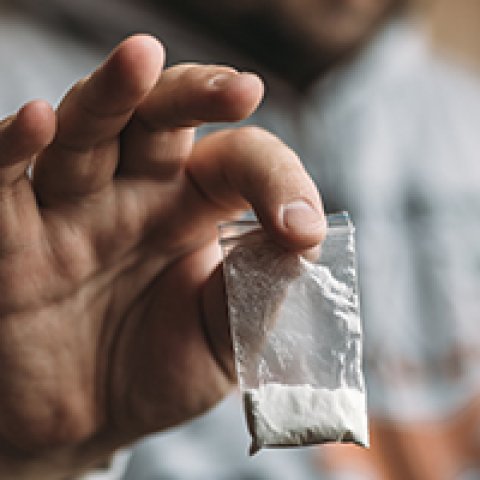Fact or Fiction? Take the Drug Quiz!
Last Updated: Monday November 24, 2025
Eight percent of people aged 12 or older have a substance use disorder.

Fiction – In 2023, 17.1 percent of people aged 12 or older had a substance use disorder, according to the National Survey on Drug Use and Health.
Drug overdose deaths have more than doubled from 2012 to 2022.

Fact – Drug overdose deaths have skyrocketed from around 40,000 in 2012 to more than 107,000 in 2022, reported the National Institute on Drug Abuse.
The following are effects of a heroin overdose: slow and shallow breathing, blue lips and fingernails, clammy skin, convulsions, coma, and possible death.

Fact – Find out more about heroin and other drugs, including appearance, common street names, effects, and legal status by visiting the Drug Index.
Fentanyl is five times more potent than heroin and ten times more potent than morphine.

Fiction – Fentanyl is 50 times more potent than heroin and 100 times more potent than morphine. Find out more about the #1 drug threat facing America by downloading the Fentanyl Drug Fact Sheet.
DEA lab testing reveals that five out of every ten counterfeit pills with fentanyl contain a potentially lethal dose.

Fiction – 29% of counterfeit pills with fentanyl contain a potentially lethal dose. This figure fell from seven in ten in 2023. Read more about counterfeit pills and fentanyl in this DEA One Pill Can Kill flyer.
In 2023, marijuana use among adults aged 19-30 increased to all-time highs.

Fact – As of 2023, 42.4 percent of young adults used marijuana once or more in the previous 12 months. However, this is a drop from the 43.6 percent who reported using the substance in 2022, according to Monitoring the Future. Still, the 2023 figure is substantially up from the 30.6 percent of young adults who reported using marijuana in 2013.
States are increasingly passing legislation to legalize marijuana because the drug has been proven not to have adverse effects.

Fiction – While several states have legalized marijuana, the drug is still linked to mental health problems like anxiety and psychosis, can slow brain development, and is the substance most often found in the blood of drivers involved in and frequently responsible for car crashes. Watch a quick video fact check on marijuana here.
While national overdose deaths involving heroin are slumping, national overdose deaths involving stimulants (ex. cocaine) are sharply rising.

Fact – National overdose deaths involving heroin have dropped from around 15,500 in 2017 to 5,871 in 2022. But national overdose deaths involving stimulants have soared from around 5,000 in 2010 to 57,497 in 2022, according to the National Institute on Drug Abuse. Use of stimulants in conjunction with fentanyl is responsible for much of the increase.
Adolescent marijuana use is more common than adolescent alcohol use.

In 2023, 11.5, 22.5, and 36.5 percent of 8th, 10th, and 12th graders reported having used marijuana, respectively. Meanwhile, 20.1, 35.8, and 52.8 percent of 8th, 10th, and 12th graders reported having drank alcohol, according to Monitoring the Future (p. 395, 449).


